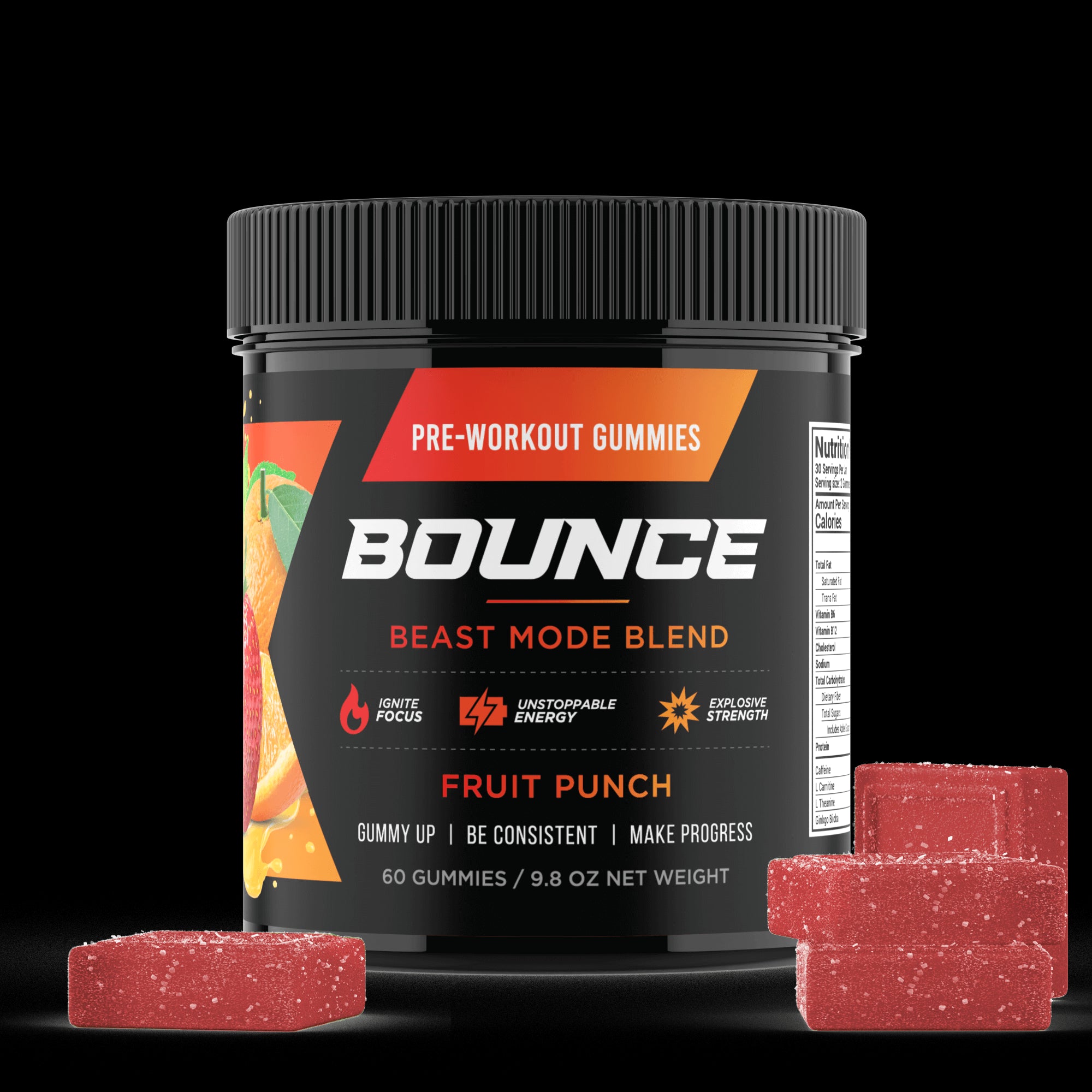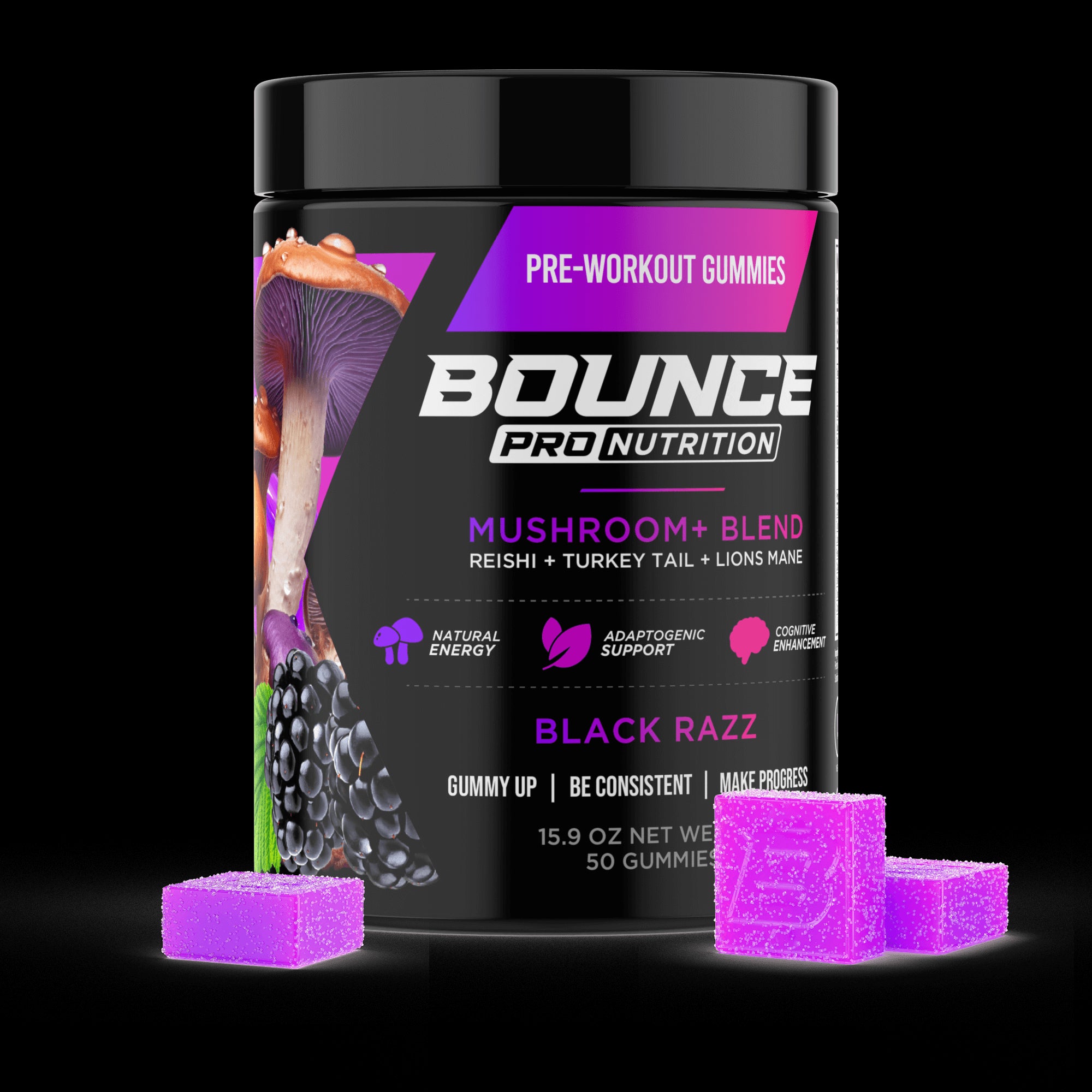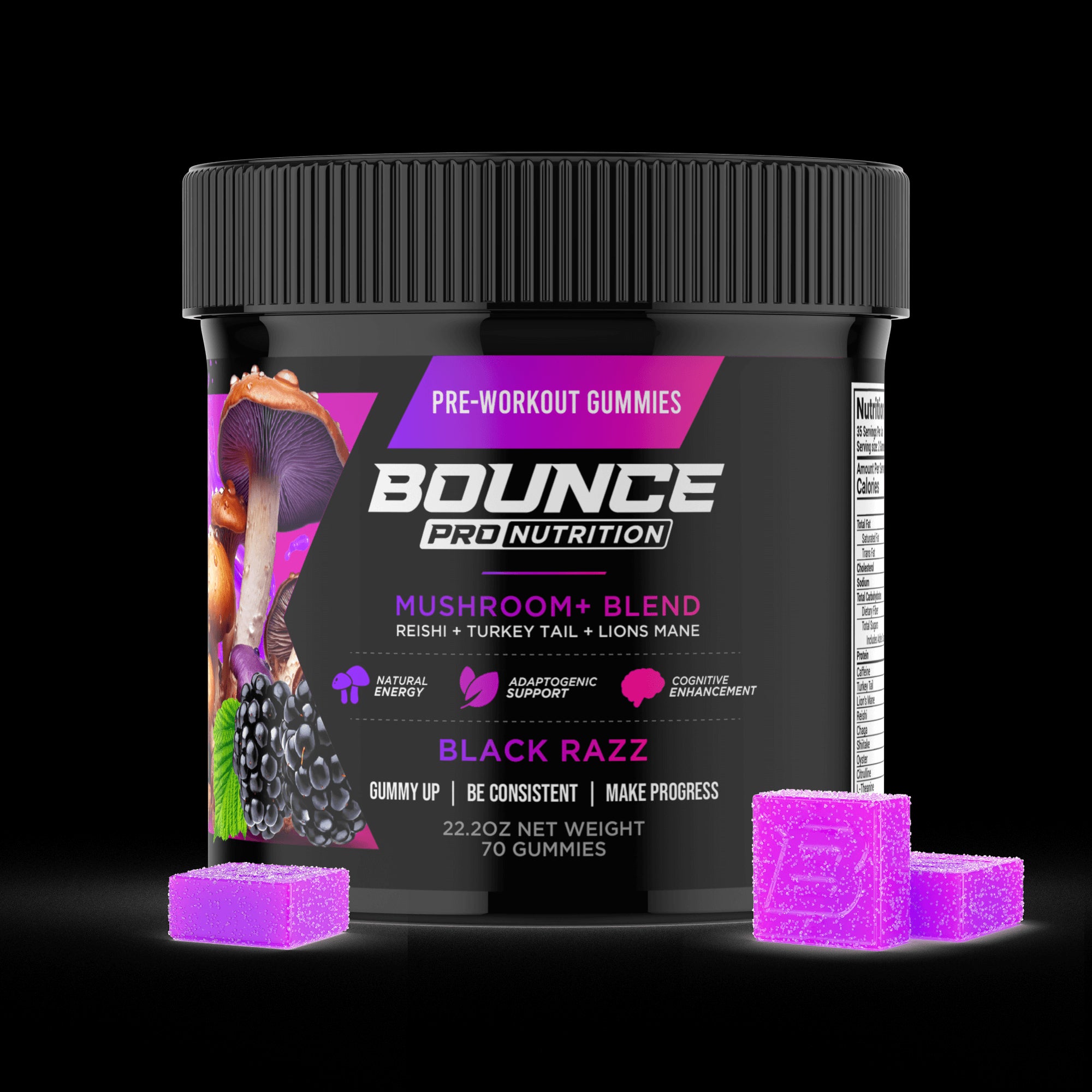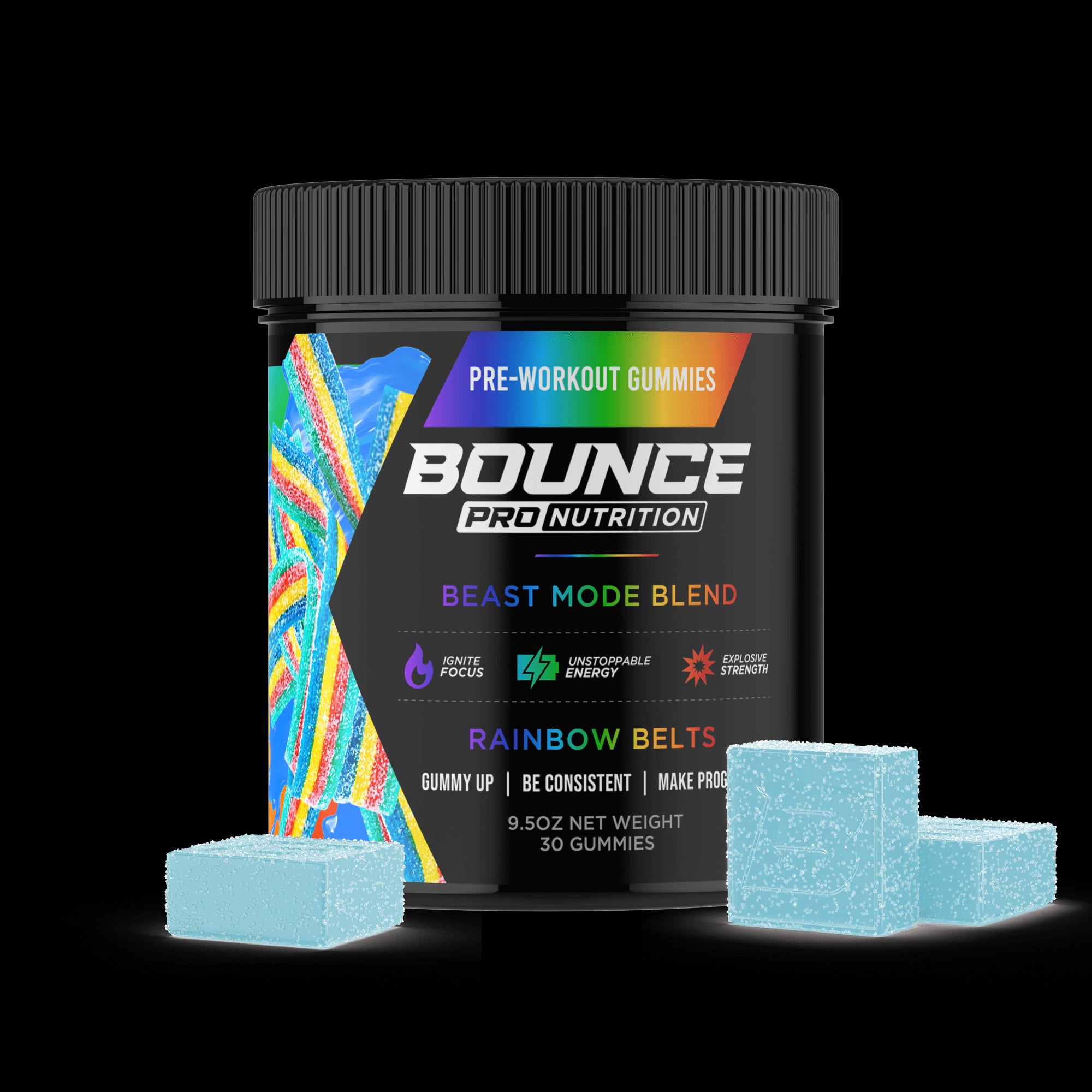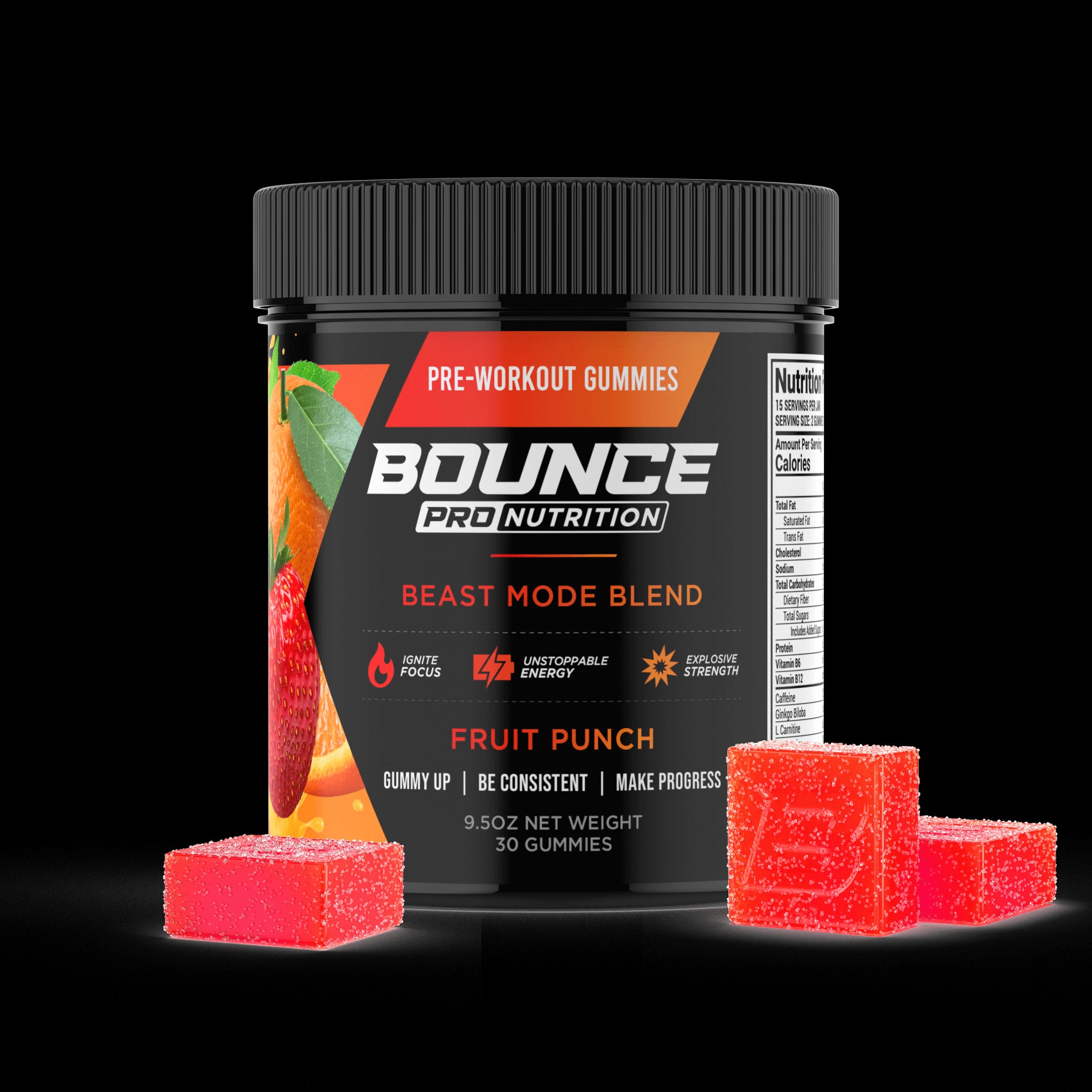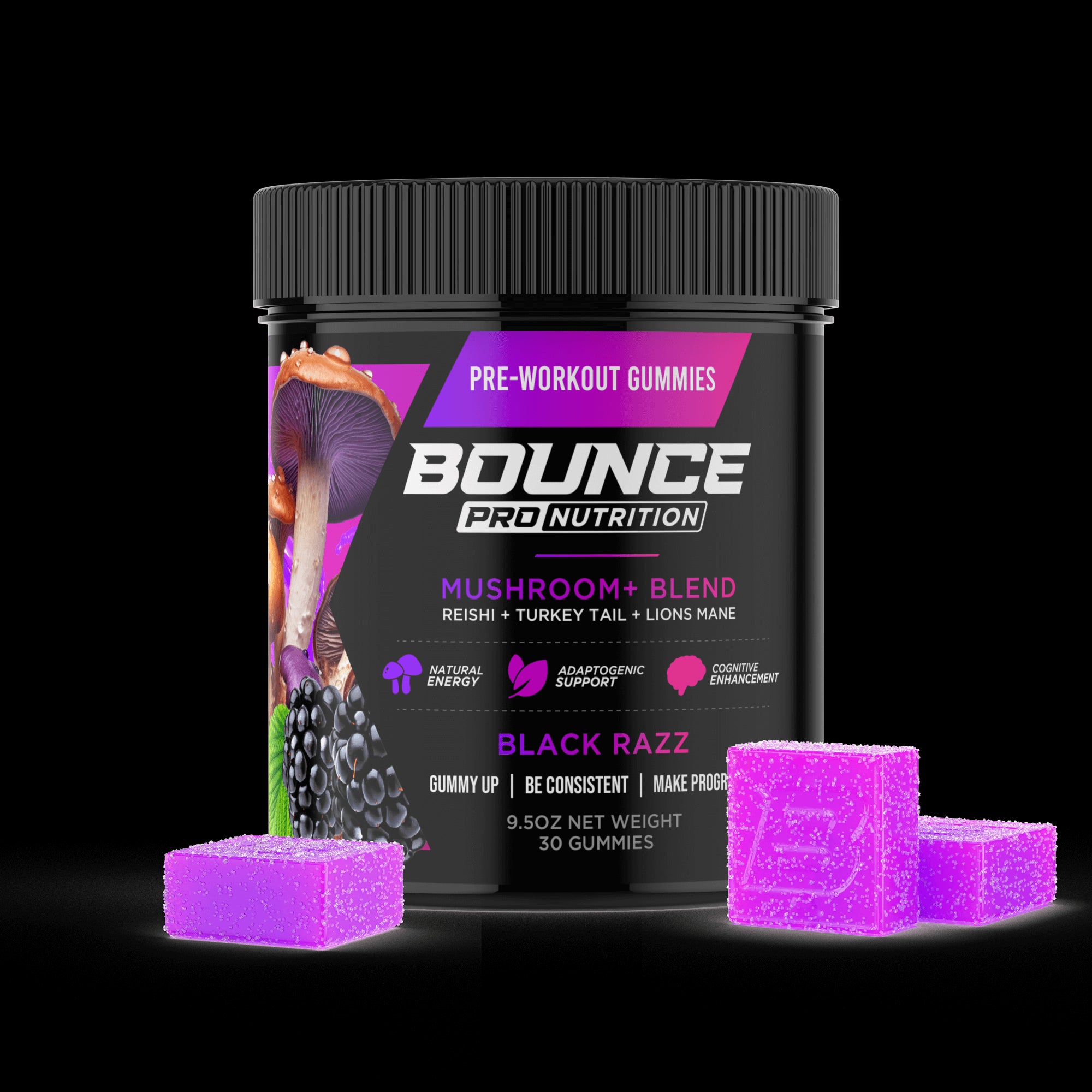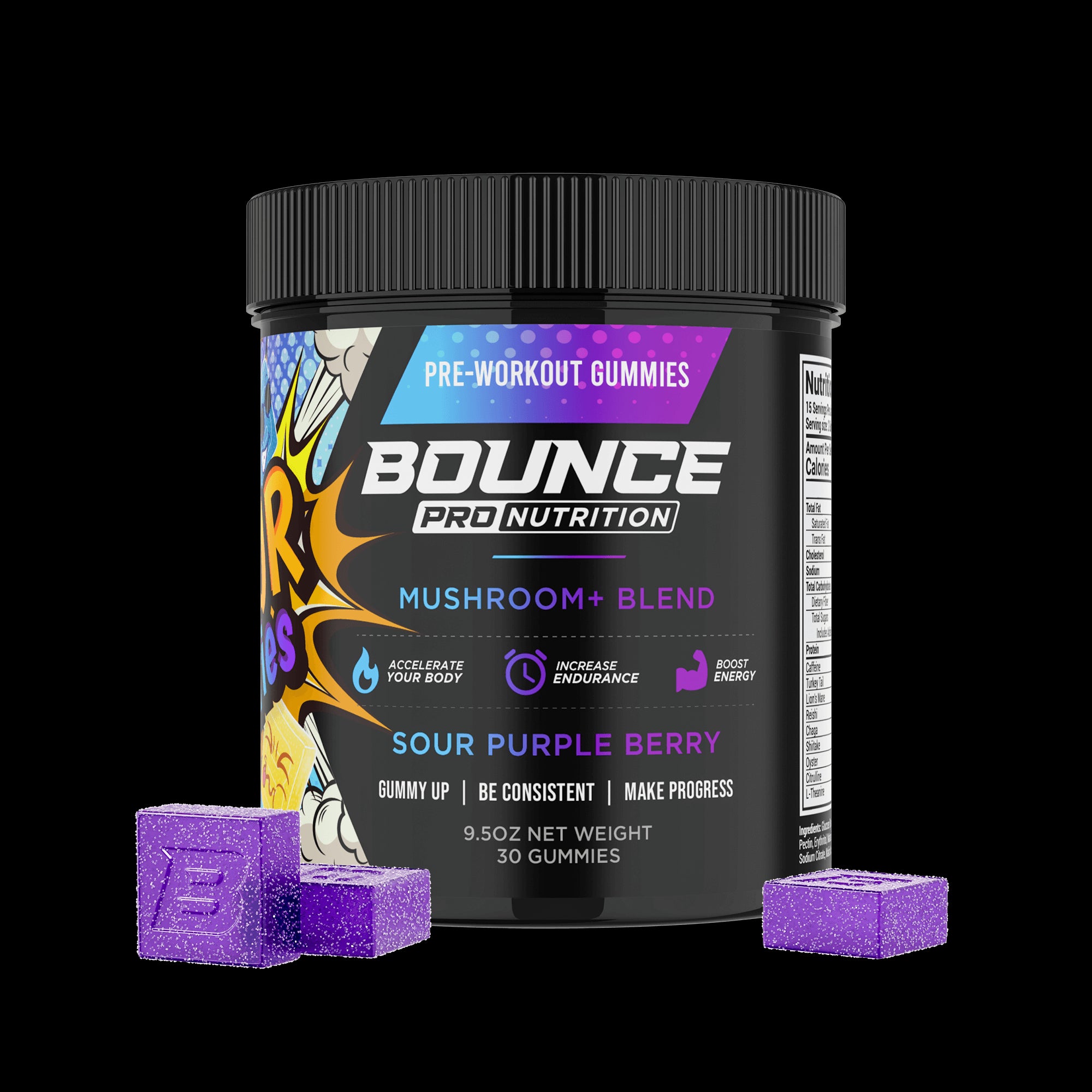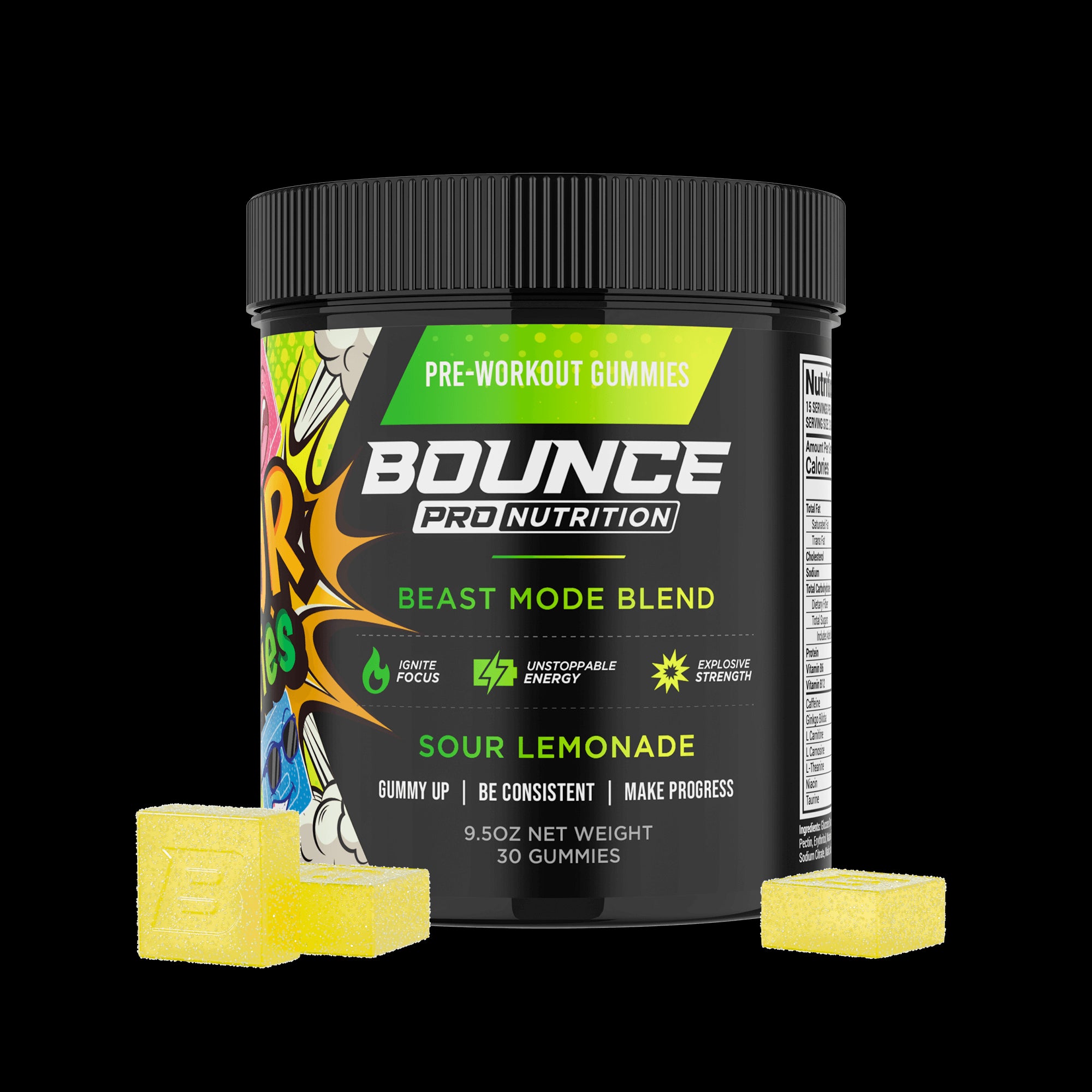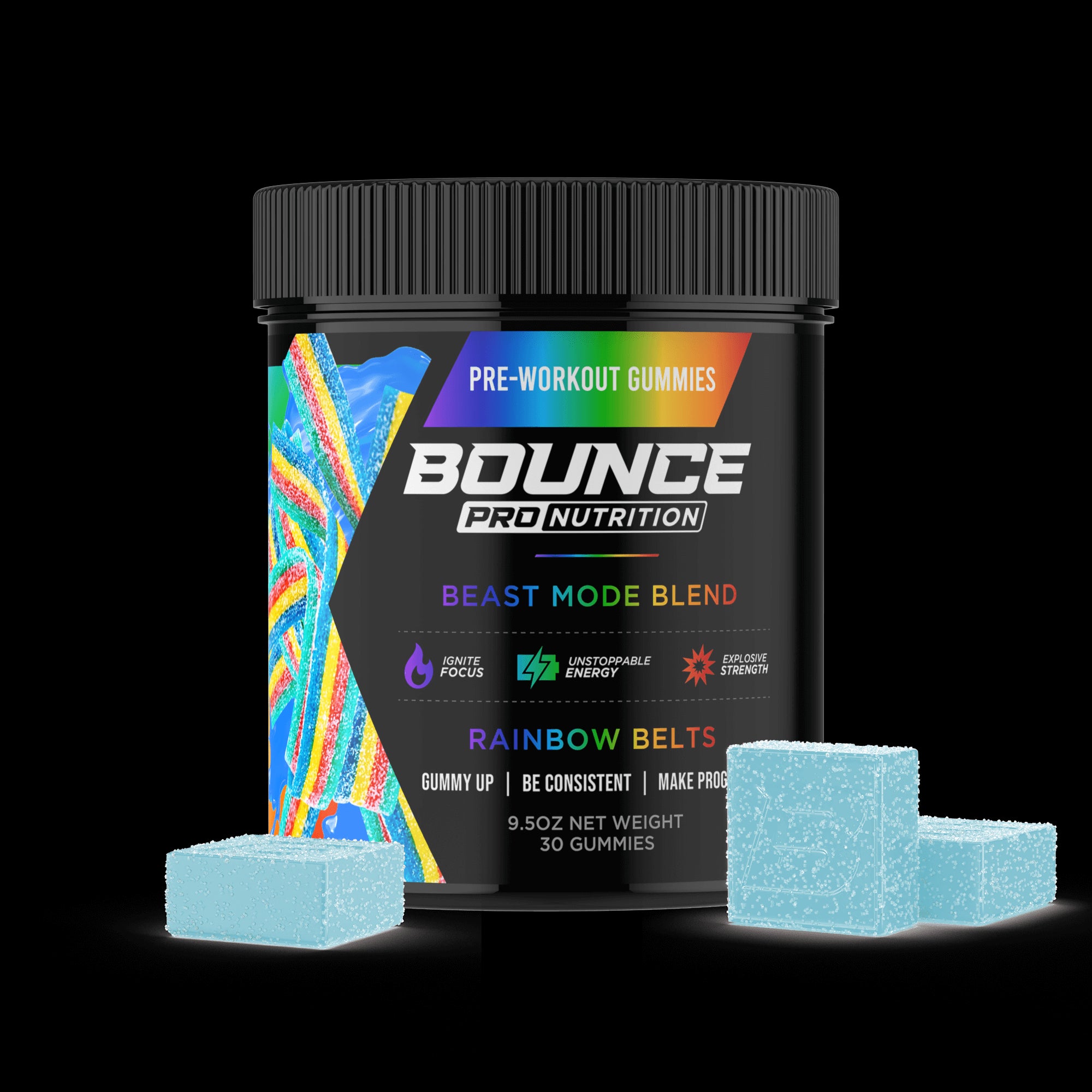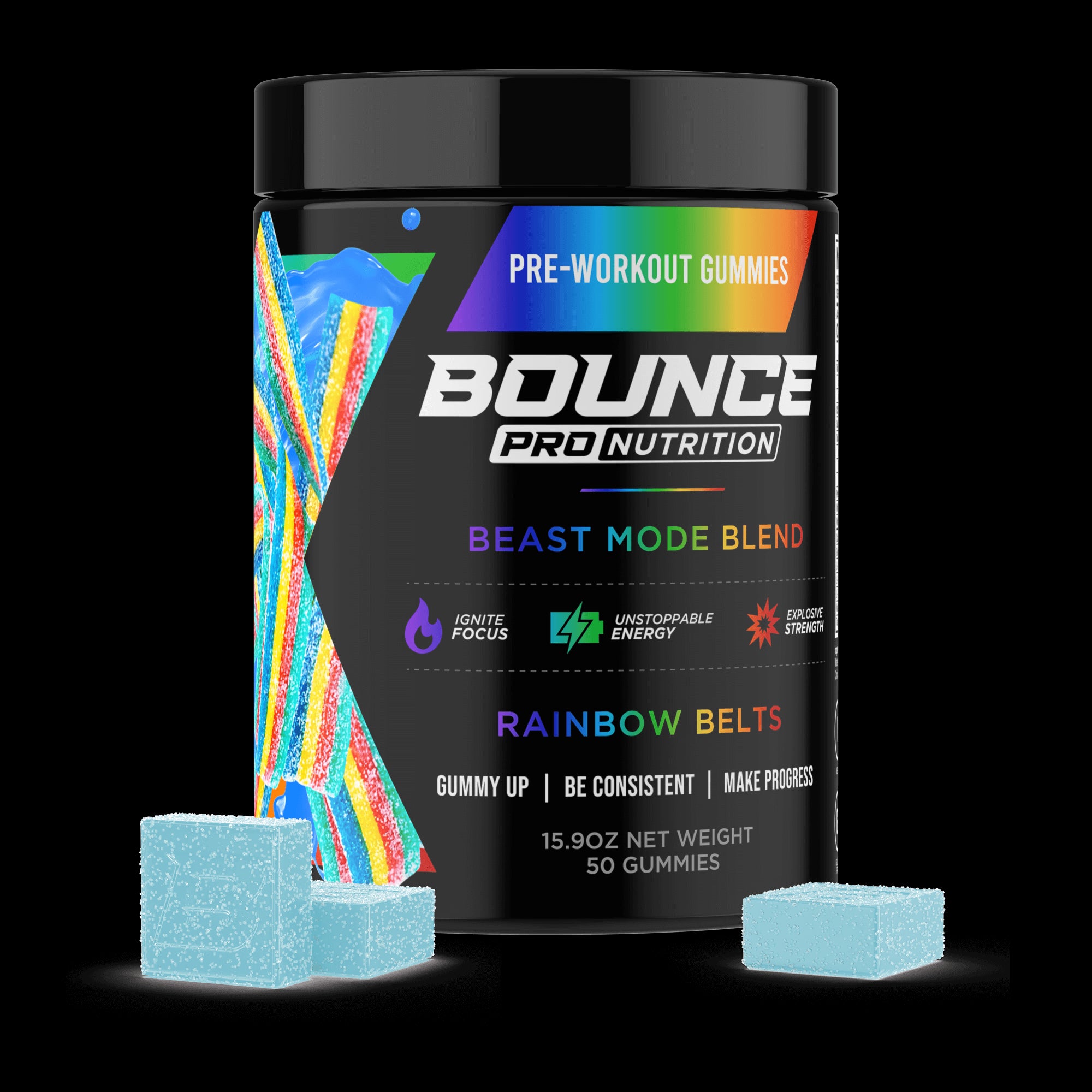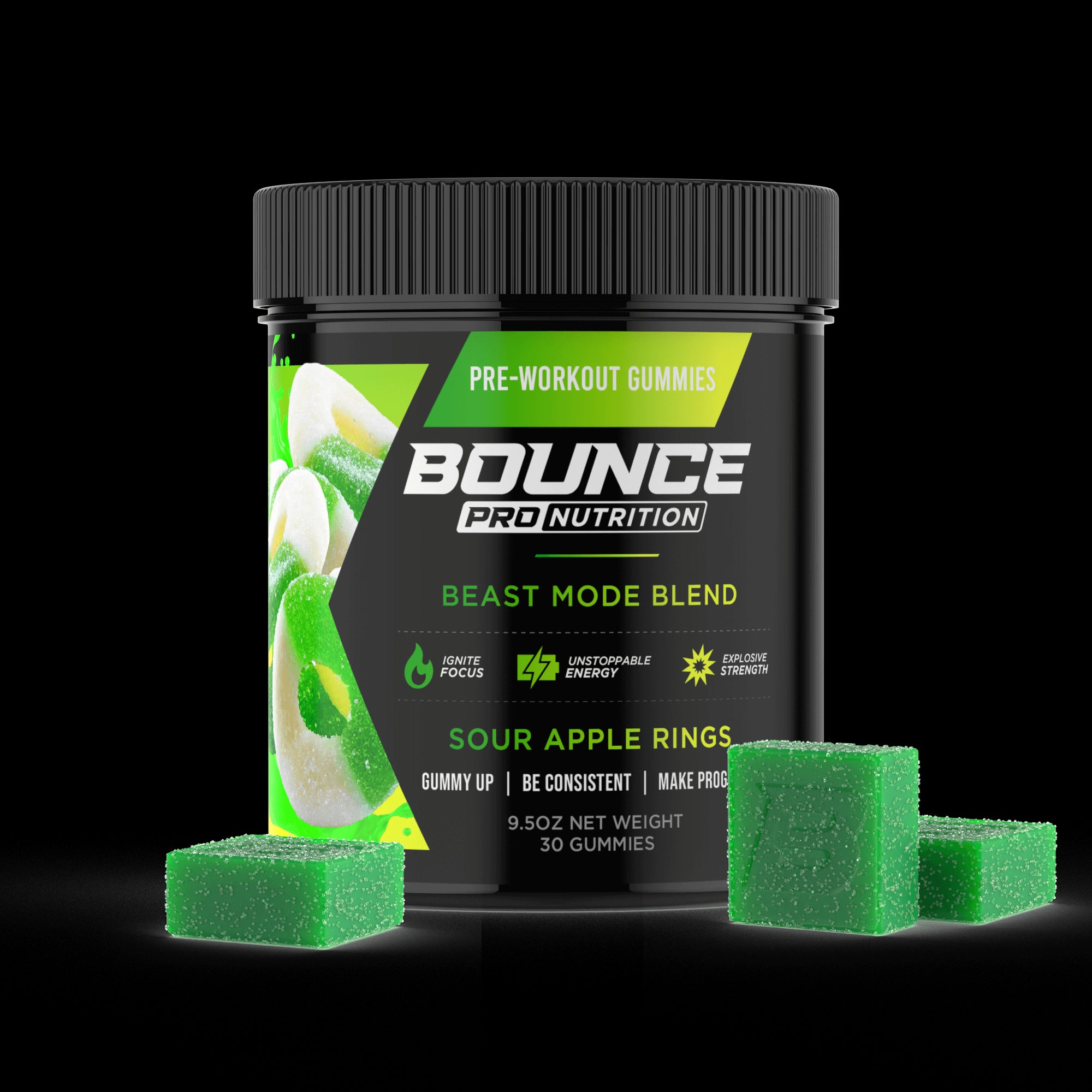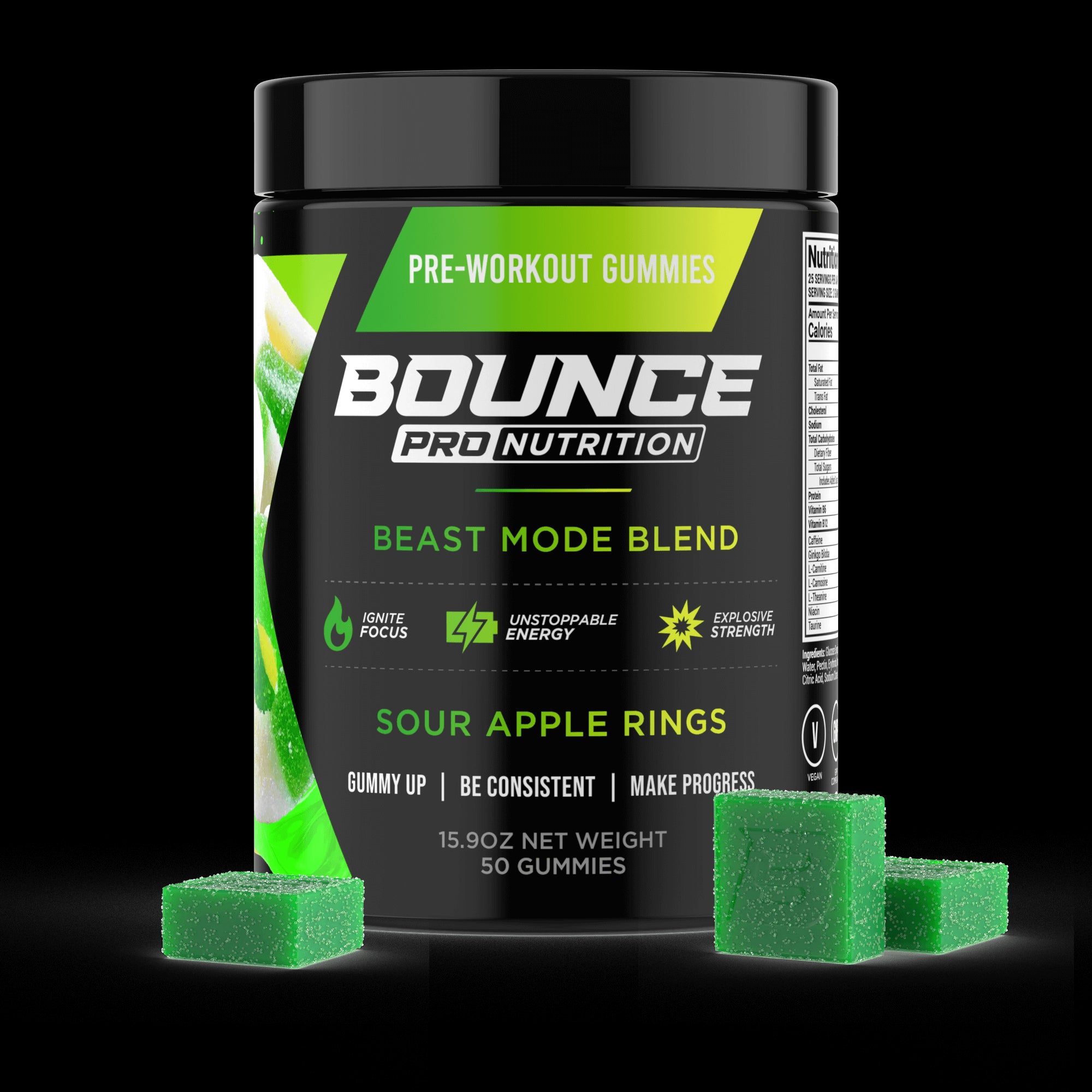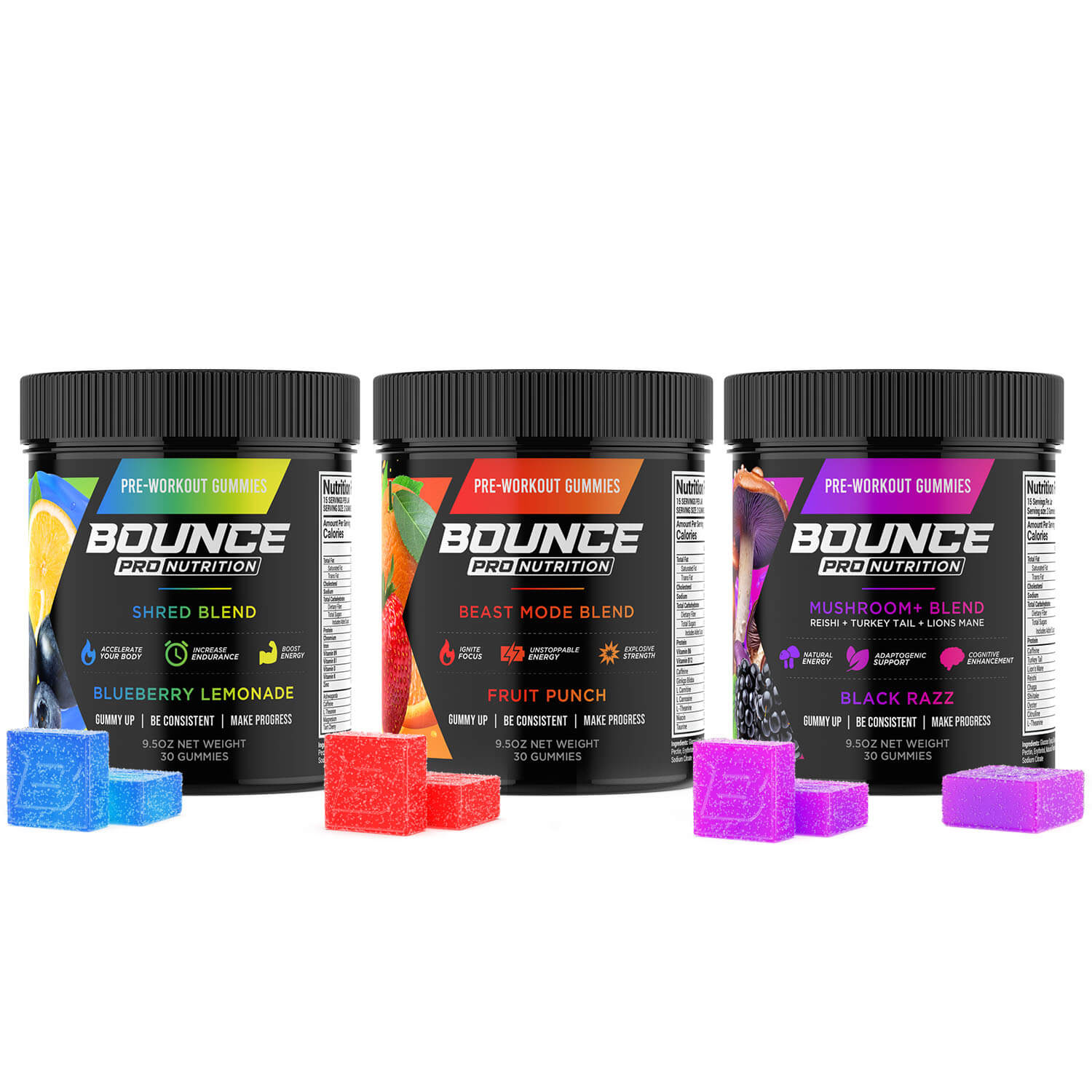Creatine supplements like gummies, powders, capsules, etc. are making a serious splash on the fitness market right now. Capable of boosting stamina, increasing muscle strength, and enhancing muscle mass, it is easy to see why workout enthusiasts can’t stop hyping it up, especially since creatine is a natural amino acid made within the body, and is considered safe for daily consumption.
With that being said, many proponents of these products will tell you that everyone who works out should work them into their routine. But, is that really the case, or should some individuals avoid taking creatine? Let’s find out.
TO BUY PRE-WORKOUT GUMMIES CLICK HERE
Are Creatine Supplements Right for Everyone?
This is a tough question to answer, because the reality is that it’s a super subjective topic. No, no one needs a creatine supplement in order to reach their fitness goals. Those goals can be reached just through diligent exercise and proper nutrition. But, at the same time, they can help you get the results you want faster and more easily.
Creatine supplements offer an amino acid that’s found in many animal proteins, to deliver benefits to a person’s workout, to help them feel more energized, motivated, and full of stamina, all while increasing muscle growth and reducing muscle fatigue.
Creatine supplements can be taken by anyone who exercises as part of their regular routine. They may be more beneficial to a person who does particularly strenuous exercise, and so, are really useful to people looking to build muscle. Meanwhile, people who engage in light forms of exercise, like walking, may not even need that extra boost that can come from creatine supplements. But, does that mean it would be dangerous to take them anyway? No.
Creatine is stored in the muscle cells of the body, and that’s where it gets used up each time we use our muscles. Small amounts of creatine are actually produced in the body, by the liver, kidneys, and pancreas. Basically, the more muscle exertion involved in your workout, the more creatine you will benefit from, which is why creatine is typically associated with resistance training and bodybuilding.
Who Should Take Creatine Supplements?
Let’s offer a basic guide to choosing whether or not creatine supplements are right for you. First, who would benefit the most from taking them?
Athletes
Athletes can benefit from creatine supplements as it helps them get more out of training – mainly by increasing strength and endurance. This way, they can theoretically train for longer, in order to be completely prepared when it’s game time.
Weight Lifters/Resistance Trainers
Weight lifters and resistance trainers in particular can benefit from creatine gummies, not only because of the increase in energy that they can offer, but also because of the fact that they can help build more muscle, aid in muscle repair, and prevent muscle fatigue – three things that matter tremendously to anyone who lifts weights or does any other form of strength-training. People find that creatine supplements increase their muscle mass, and part of that is by drawing water from other areas of the body into the muscular tissue.
High-Endurance Fitness Enthusiasts
It’s clear why high-endurance fitness enthusiasts would love creatine gummies. Those who push themselves particularly hard may need all of the help they can get in terms of stamina, strength, and endurance. Creatine can give them that much-needed boost so that they can reach their goals more easily.
Those Seeking Out Cognitive Benefits
Creatine is often associated with exercise, but it also offers cognitive benefits that can be useful even if you’re not someone who works out. If you’re looking for enhanced focus, mental stamina, alertness, and motivation, taking creatine daily may be a wise choice, as small amounts of the amino acid get stored in the brain, and can work directly with the cerebral cortex which affects cognitive functions.
Who Shouldn’t Take Creatine Supplements?
Creatine is considered safe, and side effects are typically minimal, including bloating, upset stomach, dehydration, and muscle cramping. Creatine is not known to interact poorly with any medications or supplements.
Still, there are some people who might want to avoid taking creatine:
- Children: Children likely shouldn’t take creatine supplements, because these products haven’t been tested on children, and children probably don’t need them.
- Anyone with a Heart Condition: Creatine may be best to avoid if you have a heart condition, as the effect that it has on energy levels may have an impact on your cardiovascular function.
- Women Who are Pregnant: These products are not recommended if you are pregnant, as they can cause harm, and have not been tested on those who are pregnant.
- Those Who Don’t Exercise: If you don’t exercise, you probably don’t need to take a creatine product, unless you’re seeking out other benefits.
- Those Who Develop Digestive Problems from Consuming Them: Some people have a sensitive digestive system. Hence, they find that taking creatine supplements cause an upset stomach, even after taking them for several weeks.
- Those with Kidney or Liver Disease: Creatine supplements may best be avoided if you have kidney or liver disease, as the body may struggle to break the creatine down properly.
- Anyone on Blood Thinners, Diabetes Medications, or Blood Pressure Medications, if the Gummies Contain L-Arginine: Not all creatine gummies contain l-arginine, and circulation-boosting amino acid, but many do. If you are taking l-arginine with your creatine each time you consume a gummy, you might want to reconsider if you’re on any of these drugs, as mixing them together could cause negative effects.
Note: Most common effects of creatine is boosting muscle size. If you’re not interested in gaining muscle, then it would make sense not to take creatine.
Are Creatine Supplements Right for You?
So, if you’ve been on the fence about taking a creatine supplement, we hope that you now have a better idea as to whether or not it’s right for you. The good news is that overall, creatine is a totally safe product to supplement with daily, and thus, can benefit you in all kinds of ways. Of course, it never hurts to talk to your doctor, either, just to be totally sure that creatine supplements are the right choice for you.

